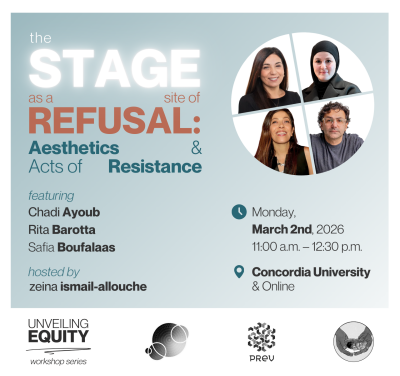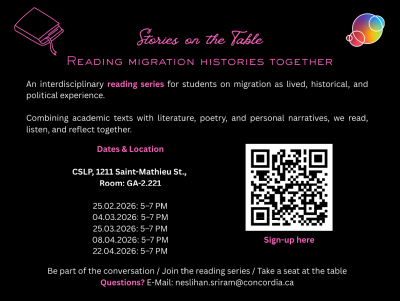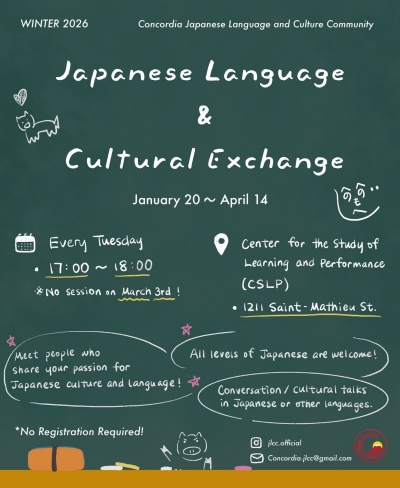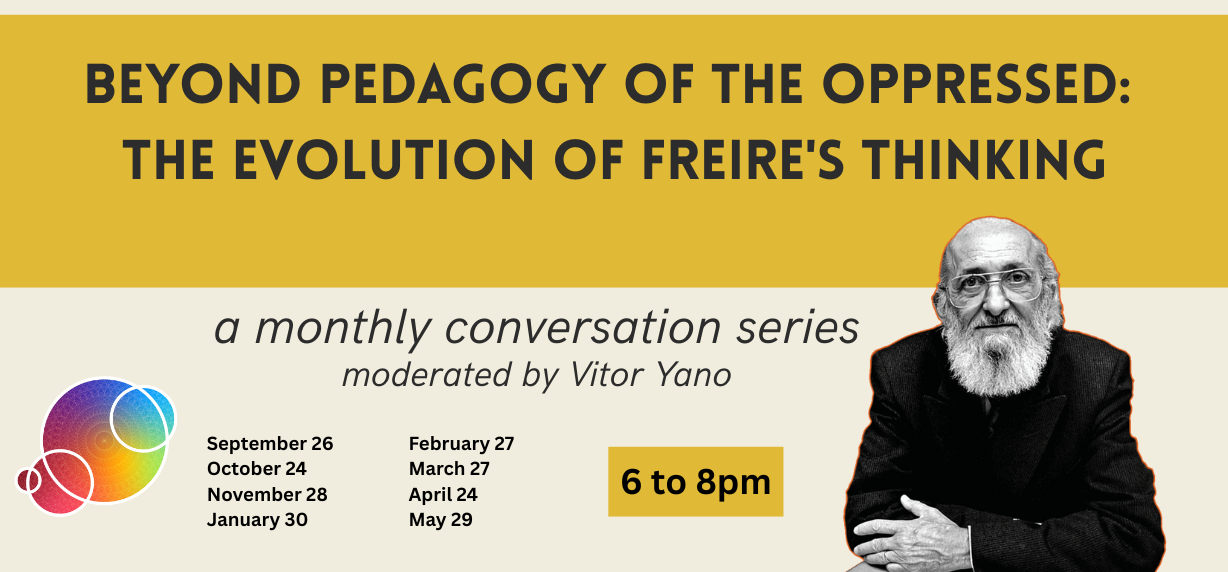The Stage as a Site of Refusal
Aesthetics and Acts of Resistance
- Monday, March 2, 2026, 11 a.m. – 12:30 p.m.
- Register now
This conversation approaches the stage as a decolonial space where refusal operates as both method and stance. Centering positionality, the session reflects on how embodied, artistic, and narrative practices are shaped by lived histories of colonialism, systemic violence, displacement, and resistance.
Rather than aspiring to neutrality or universality, the discussion affirms situated knowledge and accountability, asking who speaks, from where, and at what cost.
Through aesthetics, performance becomes a practice of refusal, refusing extraction and erasure, while opening space for counter-narratives, relational ethics, and collective re-imagining. Within the Unveiling Equity series, the stage is framed not only as a platform for representation, but as a site of struggle, care, dignity, and insurgent possibility.







